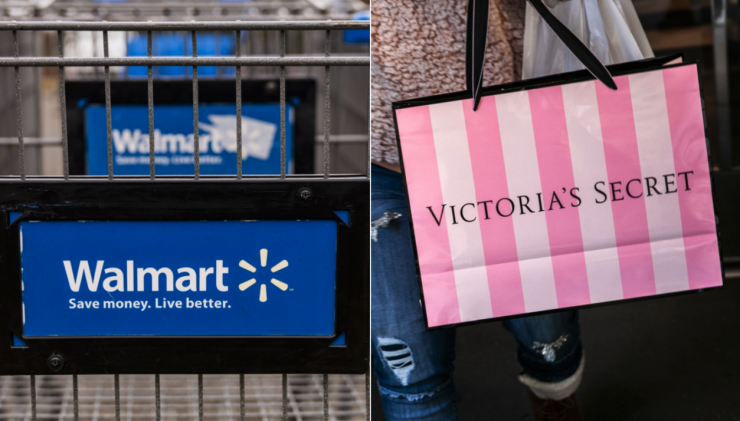
In the dark ages of mobile technology — before the launch of the iPhone — banks and payment companies tried and failed to harness the power of text messaging for shopping. But with the advent of conversational AI, that ancient idea may soon become cutting-edge.
Walmart, a retail powerhouse that offers its own
The next step could be to make this AI technology customer-facing as an upgrade for Text to Shop, said Anshu Bhardwaj, chief operating officer for Walmart Global Technology and Walmart Commerce Technologies, in a fireside chat at the National Retail Federation's Big Show this week in New York.
Text to Shop launched in its current form a year ago. That system enables shoppers to manage a shopping list through their phone's texting app. It's not meant to be a consumer's primary tool for shopping at Walmart, but rather a way to stay connected when they can't use the company's website or stores. The system already
"What AI is now allowing us to do is going from an omnichannel retailer to becoming an adaptive retailer," Bhardwaj said. In the example of Text to Shop, that would mean adapting to consumers' immediate needs by allowing them to work with Walmart on their ultimate goal — such as throwing a birthday or a Super Bowl party — rather than just manage a shopping list, she said.
When a consumer is planning a party, they might know to buy snacks and drinks but might forget about decorations — or a larger TV to watch the big game. AI can suggest the entire package they need, based on what Walmart is able to provide and has in stock.
The value to the customer is that Walmart saves them potentially hours of research in determining what they might want to buy, or individually checking stock in stores, Bhardwaj said.
Text to Shop isn't an app, but it is still a Walmart-controlled experience from start to finish. Bhardwaj didn't discuss a timeline for adding these AI features to the product, nor did she say how the system would handle the payment. But, the retailer has been very strict about which forms of payment it chooses; to this day, it still
The focus on texting may seem intuitive given the prevalence of ChatGPT, OpenAI's text-based generative AI system. But the payments industry has tried similar concepts before with mixed success.
PayPal, for example, debuted
The launch of the iPhone (and subsequently, its App Store) rendered this concept obsolete. And some purchases are more complex and personal than the one-size-fits-all approach of PayPal's old system, or even Walmart's conversational system.
When a customer of Victoria's Secret comes to a store to replace a favorite bra that she's used for several years, "the associates who are in the store are experienced. They know what, exactly, are the questions they need to ask," said Murali Sundararajan, CIO of Victoria's Secret.
"You want to simulate the same experience in the digital [storefront]," Sundararajan said in a panel discussion at the NRF conference.
Victoria's Secret worked with Google to apply generative AI to this task. The companies started in early March 2023, and were in production by June, Sundararajan said.
Bread Financial, which issues Victoria's Secret's credit card, is also experimenting with AI to improve the way enterprise customers can access the data it collects.
This capability would be paired with a product from MicroStrategy called HyperIntelligence, which allows users to hover over any word on their screen to get more information, such as sales data.
The next step, which Bread hopes to implement this year, is an interactive AI prompt that allows its enterprise users to ask for more data, such as activation rates, said Eric Mayberry, senior director for enterprise reporting at Bread, in a separate panel discussion.
And just like with Walmart and other retailers, Bread's implementation is meant to fill in the gaps in its users' knowledge — and its own.
If the AI tool doesn't have an answer to what's being asked, "we can capture what questions are being asked and what aren't being answered and then we can integrate more data into that back end," Mayberry said.
Canadian Tire is planning to launch an AI-powered shopping assistant in the next few months, according to Cari Covent, the retailer's head of AI and emerging technology, who spoke during a separate panel discussion.
"The value that we expect to create is really by giving our customers an opportunity to interact with us in a very different way and get the information that they're looking for much quicker," Covent said.
Similar to Walmart and Ask Sam, Canadian Tire developed its own generative AI tool for internal use, dubbed ChatCTC (for Canadian Tire Corporation).
Employees can use it individually for code creation, but Canadian Tire also enables entire teams to use it to respond to online reviews — "obviously with the right human oversight," Covent noted — as well as for data governance and other uses.
"ChatCTC … is truly changing the way we work," she said.






